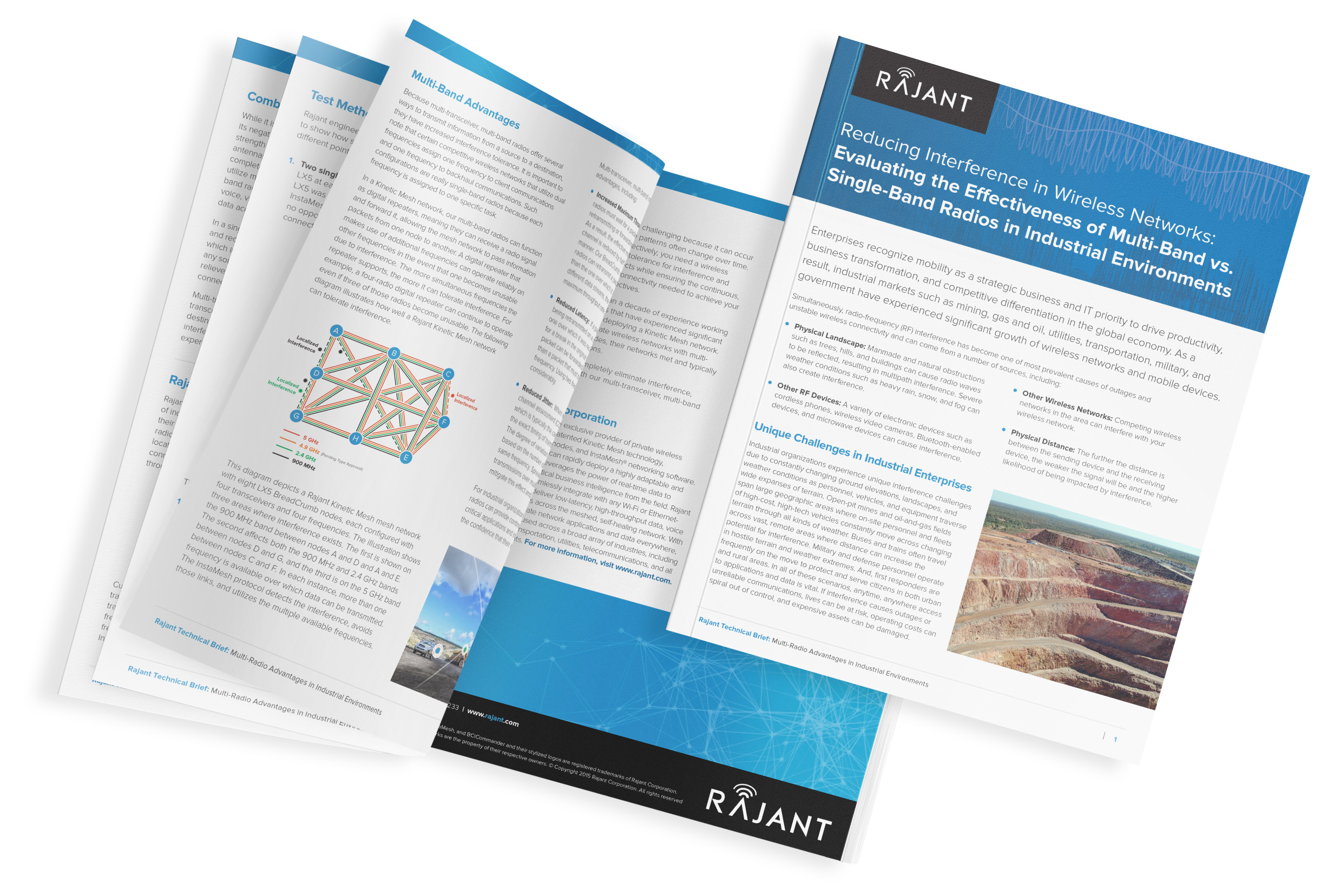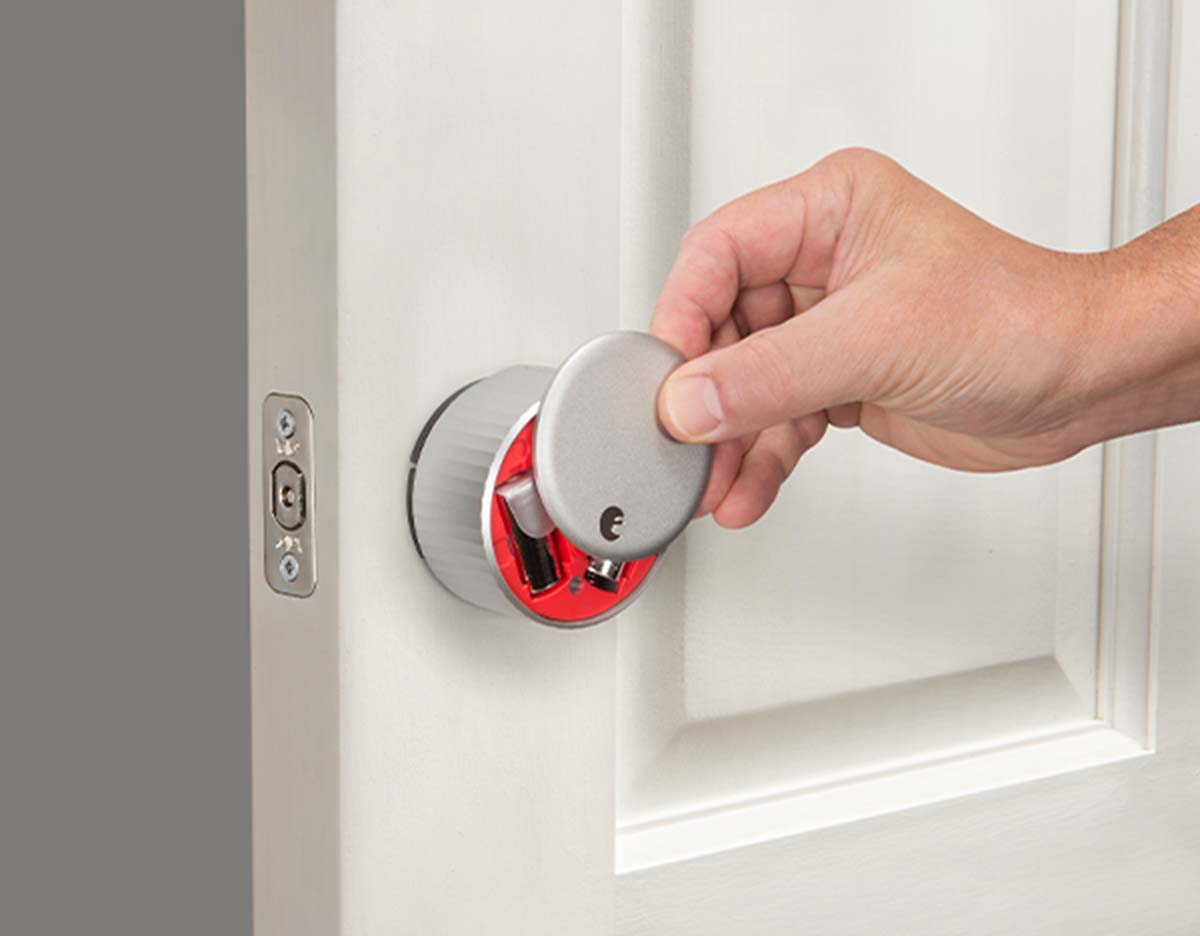Can Other Wireless Networks Interfere With Mine
Wi-Fi interference can disrupt your internet connection. Networks from neighbors or other devices can overlap, causing congestion and slow speeds due to channel overcrowding.

Credit: rajant.com
How Interference Occurs
Overlapping wireless networks often share similar channels, leading to interference. Having two Wi-Fi routers at home using the same frequency can also disrupt each other’s signals.

Credit: www.researchgate.net
Detecting Interference
If you suspect interference, check your router’s network map for unknown devices connected. Hackers may exploit DNS hijacking to breach Wi-Fi security and disrupt your connection.
Preventing Interference
To prevent interference:
- Set a strong Wi-Fi password
- Change your router’s default username and password
- Avoid overlapping channels with nearby routers
- Regularly monitor your network for unusual activity
Resolving Interference Issues
If you experience Wi-Fi interference:
- Identify the source of the interference
- Adjust your router’s settings to avoid overlapping channels
- Consult with your internet service provider for further assistance
Frequently Asked Questions On Can Other Wireless Networks Interfere With Mine
Can My Neighbours Wi-fi Interfere With Mine?
Yes, neighboring Wi-Fi networks can interfere with yours, especially if they use similar channels, causing congestion and slower speeds.
Can Two Different Wi-fi Networks Interfere With Each Other?
Yes, two different Wi-Fi networks can interfere with each other due to channel overcrowding caused by sharing similar channels.
Is My Neighbor Messing With My Wi-fi?
Yes, neighboring Wi-Fi networks can interfere with your own Wi-Fi signal. When multiple networks share similar channels, congestion and slow speeds can occur, leading to channel overcrowding. To check if your neighbor is disrupting your Wi-Fi, log into your router and review the network map for any connected devices that are not yours.
Can Someone Disrupt My Internet Connection?
Yes, other wireless networks can interfere with your internet connection. This is known as channel overcrowding, where multiple networks sharing similar channels can result in congestion or slow speeds. Overlapping wireless networks from neighboring businesses or public hotspots are common sources of WiFi interference.
To avoid this, consider changing your WiFi channel to minimize interference.
Conclusion
Understanding how other wireless networks can interfere with your Wi-Fi is crucial for maintaining a stable internet connection. By implementing security measures and monitoring your network, you can minimize the impact of interference.
